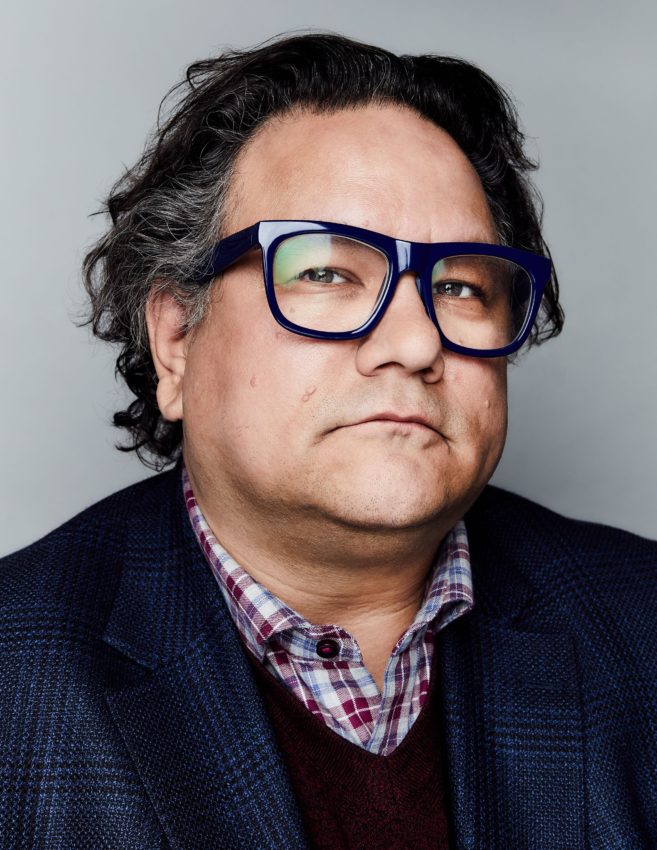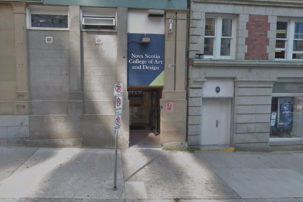How can a wider range of artists apply for—and receive—arts grants in Canada? When can artists expect to get that much-needed first grant? Where can new and early career artists find support in the national arts ecology?
These were just some of the kinds of questions that Canada Council staff were considering when they decided to develop a new pilot program aimed explicitly at new and early career artists.
The pilot, just launched this week, follows a 2016 move to commit at least 25% of new Canada Council grant monies to artists or organizations that have never received a grant before.
“We gathered data on who was applying for grants, and who was creating applicant profiles, and where applications were coming from” explains Mana Rouholamini, equity access and outreach manager at the Canada Council. Over the past year, “we saw that for some artists, the barriers might be too much to create a profile and apply.”
As a result, the new pilot welcomes applicant profiles from new and early career artists specifically. And though artists must be at least 18 years of age to apply, no upper age limit is set on the “early career” designation.
“We imagine it will be mainly youth who will feel like this program is for them,” says Caroline Lussier, director of the council’s Explore and Create program. “But people at any time in their lives can apply, as long as they are entering an artistic career….. We have heard from many artists that the first years are the toughest, so we are trying to bridge that gap.”
Previously, most artists creating applicant profiles at the Canada Council had to have at least two years of professional experience. But this pilot is open to people just out of school as well—or artists without formal training at all.
Once their applicant profile has been approved, the artist can apply for grants in the Explore and Create program—specifically Professional Development for Artists, Research and Creation, and Concept to Realization.
“This creates a bridge for artists entering into the professional practice,” says Lussier.
“And it’s about validation too,” says Rouholamini. “When you get that first grant, it’s a group of peers validating you as an artist….. It gives you confidence”—as well as the financial wherewithal to prioritize practice for a time.
Because many of the artists targeted by this new pilot have not applied for council funding before—or possibly any public funding at all—the Canada Council is also organizing a series of cross-country workshops on grantwriting for new and early career artists. Dates and locations for these workshops will be announced later this year.
“We constantly get feedback from artists,” says Lussier. “It’s a constant conversation, so that we are able to assess where the gaps are and how we can help artists better.”
The pilot is due to run for two years, and then be evaluated as to whether it met its goals. Both Lussier and Rouholamini point out that there have been other pilot programs at the Canada Council in the past that have later impacted its regular granting programs. These include a pilot funding program for deaf and disabled arts and a pilot for artists under 35.
“Sometimes people have the idea that Canada Council grants are only for very established artists, but that’s not always the case,” says Rouholamini. “And not everybody’s trajectory is the same. We want to be more flexible so people get that first grant. Because that first grant really matters.”
For full pilot information and application criteria, visit the Canada Council website.

 Artist Jordan Bennett in front of his mural on Queen’s Road in St. John’s, Newfoundland, as part of the Identify: A Celebration of Indigenous Arts and Culture Festival, held in April 2018. Bennett received his first Canada Council grant in 2009, early on in his career.
Artist Jordan Bennett in front of his mural on Queen’s Road in St. John’s, Newfoundland, as part of the Identify: A Celebration of Indigenous Arts and Culture Festival, held in April 2018. Bennett received his first Canada Council grant in 2009, early on in his career.







